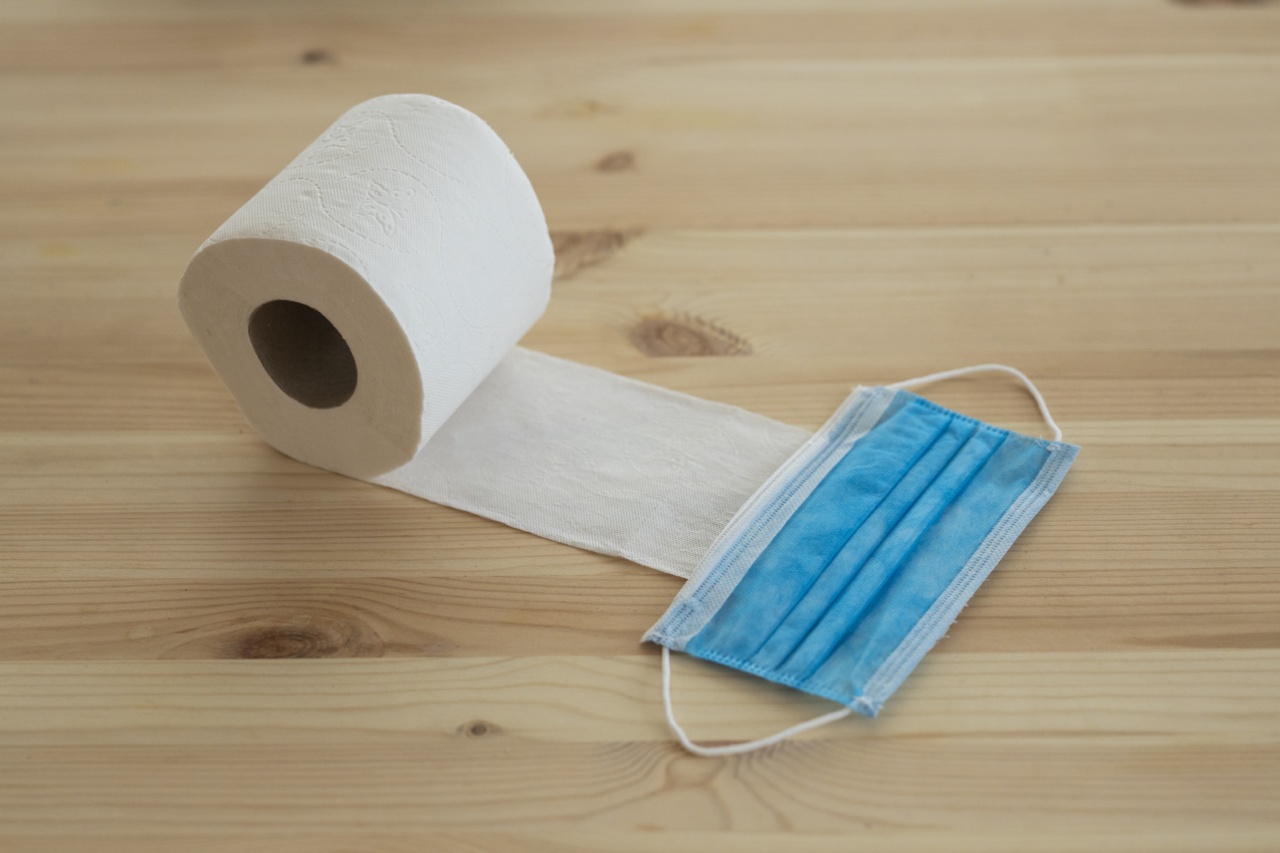In today’s fast-paced world, it’s not uncommon for households to accumulate a wide range of medications over time.
From over-the-counter painkillers to prescription drugs, these medical supplies can easily find their way into our homes and stay there indefinitely. While it may seem harmless to keep unused or expired medications on hand, hoarding expired medications can actually pose numerous risks to individuals and the environment.
This article will explore the dangers associated with hoarding expired medications and provide insights into safe disposal practices.
1. Reduced Effectiveness
An expired medication may not be as effective in treating its intended conditions. The potency of active ingredients in medications can deteriorate over time, rendering them less potent or even completely ineffective.
For individuals relying on these medications to manage chronic conditions, such as diabetes or heart disease, the potential loss of efficacy can have serious consequences for their health and well-being.
2. Health Risks
Hoarding expired medications can create opportunities for unintentional misuse and accidental ingestion.
Family members or guests who are unaware of the medication’s expiration date may unknowingly consume or administer drugs that could be harmful. This can lead to adverse reactions, allergic responses, or potentially life-threatening situations.
Moreover, expired antibiotics or antiviral drugs can become less effective against bacterial or viral infections, which can result in prolonged illness or treatment failure.
3. Adverse Side Effects
Expired medications may undergo chemical changes that can lead to the formation of toxic byproducts. These byproducts can cause adverse side effects when ingested, ranging from mild discomfort to severe allergic reactions.
Additionally, the degradation of medications can result in unpredictable effects on the body, potentially exacerbating the symptoms they were intended to alleviate.
4. Drug Interactions
Expired medications can also pose a risk when they interact with other medications, whether expired or not.
Some medications may break down into compounds that interact adversely with other substances, including alcohol, over-the-counter drugs, or prescription medications. These interactions can intensify side effects, reduce the efficacy of other medications, or even cause unexpected health complications.
5. Development of Superbugs
When antibiotics or antimicrobial medications expire, they may not be as effective at killing harmful bacteria. This reduced effectiveness can contribute to the development of antibiotic-resistant bacteria, also known as superbugs.
These superbugs pose a significant threat to public health as they are more difficult to treat and can spread rapidly, leading to severe infections and increased mortality rates.
6. Environmental Pollution
Improper disposal of expired medications can introduce hazardous substances into the environment. Flushing medications down the toilet or sink can contaminate water sources and negatively impact aquatic ecosystems.
Additionally, throwing medications in the trash can result in them being incinerated, releasing harmful chemicals into the air. Proper disposal methods are crucial to mitigating these environmental risks.
7. Accidental Ingestion by Children or Pets
Expired medications left unattended pose a significant risk to curious children or pets. Children often confuse pills with candy, and pets may accidentally get their paws on medication bottles.
Ingesting expired medications can lead to poisoning, organ damage, or even fatal complications. It is essential to secure and safely store all medications out of reach of children and animals.
8. Legal Consequences
Hoarding expired medications may have legal implications. Possessing expired prescription medications without a valid prescription or hoarding large quantities of controlled substances can be considered illegal in certain jurisdictions.
It is essential to familiarize yourself with local laws and regulations regarding the possession and disposal of medications to avoid any legal repercussions.
9. Misdiagnosis and Delayed Treatment
Using expired medications can cloud the accuracy of diagnosis by masking symptoms or altering test results. This can lead to misdiagnoses and delayed treatment, as healthcare providers work with inaccurate or incomplete information.
Patients may experience unnecessary discomfort, and serious conditions could go undetected or progress further due to delayed intervention.
10. Encouraging Poor Medication Practices
Hoarding expired medications promotes poor medication management practices. It can foster a mentality of complacency towards medication safety, leading individuals to neglect proper medication storage, monitoring, and timely refills.
This can have a cascading effect on medication adherence and overall health outcomes.
Safe Disposal Practices for Expired Medications
Given the potential dangers associated with hoarding expired medications, it is crucial to dispose of them safely. Here are a few recommended practices for proper medication disposal:.
1. Check local disposal guidelines: Different regions and countries have specific regulations regarding the disposal of medications. Check with local authorities or pharmacies to understand the recommended methods in your area.
2. Medication take-back programs: Many pharmacies and healthcare facilities organize take-back programs where individuals can return their expired or unused medications for safe disposal.
These programs ensure that medications are disposed of correctly, minimizing environmental risks.
3. Disposal in household trash: If no take-back programs are available, some medications can be safely disposed of in the household trash.
Mix them with undesirable substances like coffee grounds or cat litter and place them in a sealed bag before throwing them away. This makes them less attractive to potential misuse.
4. Do not flush medications: Flushing medications down the toilet or sink should be avoided unless explicitly mentioned as a safe disposal method. As mentioned earlier, it can contaminate water sources and harm aquatic life.
5. Remove personal information: Before disposing of medication packaging, ensure any personal information or prescription labels are removed or destroyed to protect your privacy.
Conclusion
While it may be tempting to keep expired medications stashed away for a “just in case” scenario, it is crucial to be aware of the potential dangers associated with hoarding them.
Reduced effectiveness, health risks, adverse side effects, drug interactions, development of superbugs, environmental pollution, accidental ingestion, legal consequences, misdiagnosis, and poor medication practices are all compelling reasons to dispose of expired medications safely. By following proper disposal practices and raising awareness about the risks, we can contribute to a safer and healthier environment for ourselves, our loved ones, and future generations.






























